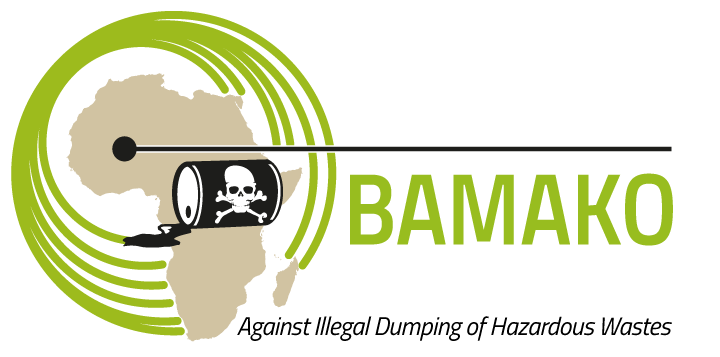Becoming a party
A country becomes a Party to the Bamako Convention by submitting its instrument of ratification, acceptance, approval, or accession. This treaty specifically targets African nations, provoding them an active and central role in preventing the import of hazardous wastes into Africa and regulating their movement within the continent.
Why and how
The African Union Commission in Addis Ababa, Ethiopia, holds the depository where a country can deposit its instrument pertaining to the particular means of consent to becoming a Party. Once deposited, the State concerned is bound by international law to the obligations established in the treaty. Therefore, the depositary, prior to effecting the deposit of a treaty action, must be satisfied that a State’s intention, as expressed in its instrument, is clear in this respect.
As a pivotal international agreement aimed at addressing the management and disposal of hazardous wastes in African countries, Bamako Convention delves into key aspects explaining why it is important for African countries to ratify the Bamako Convention.
The ratification of the Bamako Convention by African countries is essential to ensure the protection of the continent’s environment, public health, and socio-economic interests while preserving its dignity and promoting sustainable development.
A step-by-step of how a country can become a party to the Bamako Convention outlines the main stages of the membership procedure.
01/02
The importance
for African countries to ratify the Bamako Convention:
- Environmental Protection: One of the main goals of the Bamako Convention is to ensure that hazardous wastes are not indiscriminately dumped in African countries, preventing environmental degradation and the potential for long-term damage to ecosystems;
- Human Health: Dumping or inadequate treatment of hazardous wastes can lead to severe health implications for local populations. Chemicals can leach into water sources, contaminate food sources, and result in diseases and birth defects;
- Sovereignty and Dignity: By ratifying the Bamako Convention, African countries send a clear message that they won’t be exploited by more developed nations seeking easy disposal solutions for their hazardous wastes;
- Strengthening Regulatory Frameworks: The Convention provides guidelines and mandates for African nations to develop or enhance their own national regulations related to the handling, treatment, and disposal of hazardous wastes;
- Promotion of Sustainable Development: The Convention also encourages environmentally sound management of hazardous wastes produced within Africa, pushing countries to adopt sustainable waste management and disposal practices;
- Technical Cooperation and Capacity Building: The Convention encourages cooperation among African nations to share best practices, provide technical assistance, and build capacities for waste management. This can lead to the development of regional solutions and innovation;
- Economic Considerations: Unregulated dumping or mishandling of hazardous wastes can undermine local economies by making areas uninhabitable or unsuitable for agriculture, tourism, or other industries;
- Legal Protections: The Convention offers a framework for nations to legally address the illegal traffic of hazardous waste. By defining what constitutes illegal activity, nations have a benchmark for prosecution and enforcement;
- Global Advocacy: When a significant number of countries in Africa ratify and enforce the Bamako Convention, it sends a powerful message to the international community about the continent’s unified stance against the dumping of hazardous waste.
02/02
How to became a Party
If the country decides to commit to the treaty, it will:
- Ratify it if they have previously signed.
- Accept it, which is another method similar to ratification but might involve different domestic processes.
- Accede to it, if they haven’t previously signed. Accession has the same legal effect as ratification but is done when the country did not sign the treaty before deciding to become a party.
